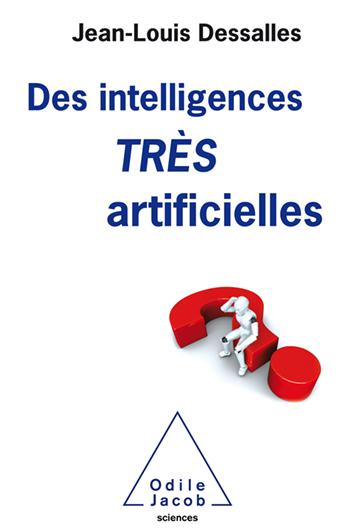Jean-louis Dessalles - Publications
[See all papers]
- [Representative Papers]
- [Talks]
See also Books:



| Simplicity Theory says that interesting situations must appear abnormally simple. This means that they are less complex (in the Kolmogorov sense) than expected. This led me to define subjective probability as p = 2-U, where U represents unexpectedness.Please visit >>>>> www.simplicitytheory.science |

|
 ↪
Follow the new MOOC on Algorithmic Information Theory
↪
Follow the new MOOC on Algorithmic Information Theory
that I developed on the the edX platform |

|
Exposé pour le centenaire de Claude Shannon à l’Institut Henri Poincaré.
Information, simplicité et pertinence. (in French) |

|
Talk at COGSCI 2015
Probability judgments rely on complexity assessments |
![]()